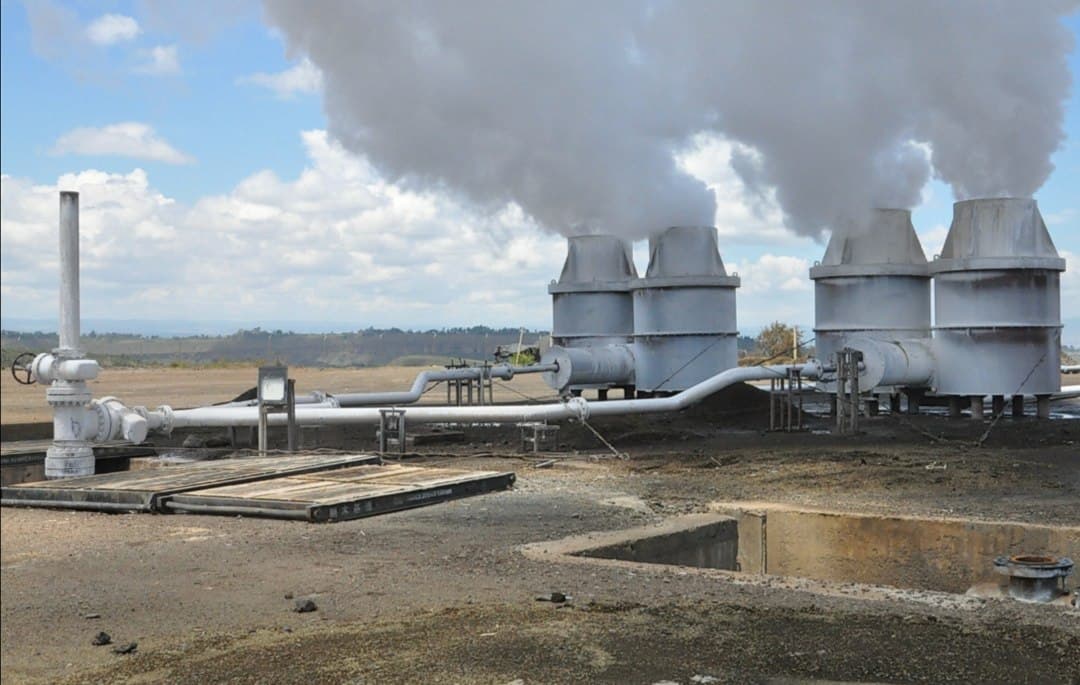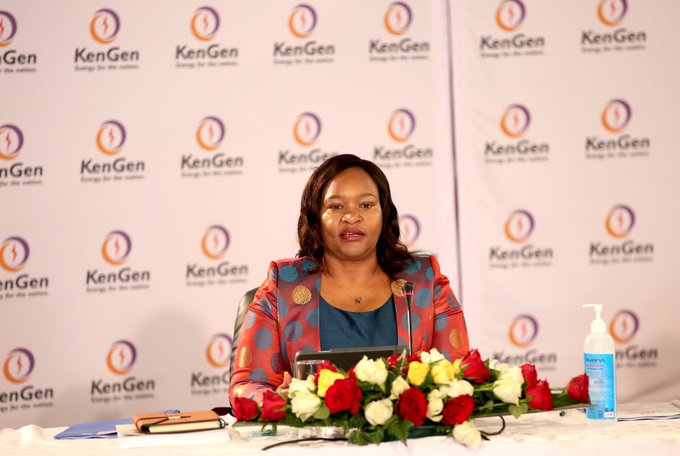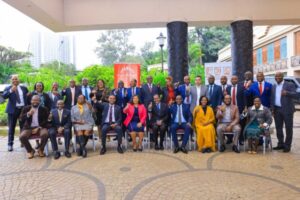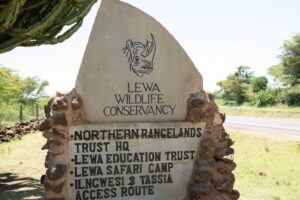A big boost for KenGen after they, last month, bagged a tender to drill three wells in Lake Assal in Djibouti.
KenGen is set to propel Djibouti to reach another milestone in its geothermal energy development, this is after the country established its very own national geothermal energy engineering company.

Dubbed the Red Sea Drilling Company (RSDC), the new venture will not only work to develop the country’s geothermal power reserves but has a plan for training and capacity building that should see it produce several engineers and technicians in the coming years, essential for the country’s energy independence.
According to a company presentation to which Africa Oil & Power had access, RSDC additionally plans to build capacity in water drilling – in a bid to reinforce the country’s water security -, and, further down the line, acquire mining and oil and gas drilling capabilities.
In the mid-term, the RSDC plans to become an East African drilling major tapping into Ethiopian, Somalian and Kenyan markets.

For now, however, foreign know-how is still essential for the country’s short-term goals, which is certainly behind the USD 6.5 million contracts awarded in February 2021 by ODDEG to Kenya’s KenGen to drill three wells in Lake Assal.
In time, the RSDC will be at the centre of Djibouti’s ambitious geothermal dreams of using geothermal energy to fully supply its domestic market and become a de facto power exporter.
Estimates indicate that Djibouti holds as much as 1000-MW of generating potential from its geothermal sources which is enough to fulfil domestic demand with an added surplus, to provide electricity to the 50% of Djiboutians that still lack access to the national network, and to supply its growing power-hungry industrial park.
Early investments in geothermal power in the country go as far back as the 1970s, but conflict and global economic crisis have consistently sidetracked plans.
However, in 2013, the government negotiated with the African Development Bank to approve a USD 6.83 loan for geothermal exploration around Lake Assal, the most promising area in the country.
Another $14.68 million loans in 2016 and the final approval of a USD 3.22 million loan reached in May 2020 have laid the solid ground for the future establishment of a 20-MW geothermal power plant, with the potential to expand to 50-MW at a later stage.
This plant alone could respond to two-thirds of the country’s present energy needs and will go a long way to fulfil Djibouti’s goal of powering 100% of its economy on renewable energy alone by 2030.
The small nation-state of 800,000 people is currently vastly dependent on electricity imports from neighbouring Ethiopia and a relatively small heavy fuel-based power generation network.























